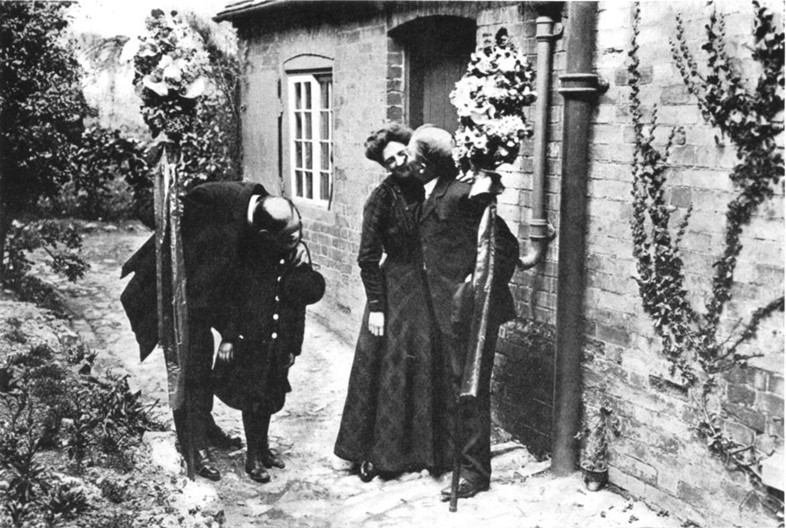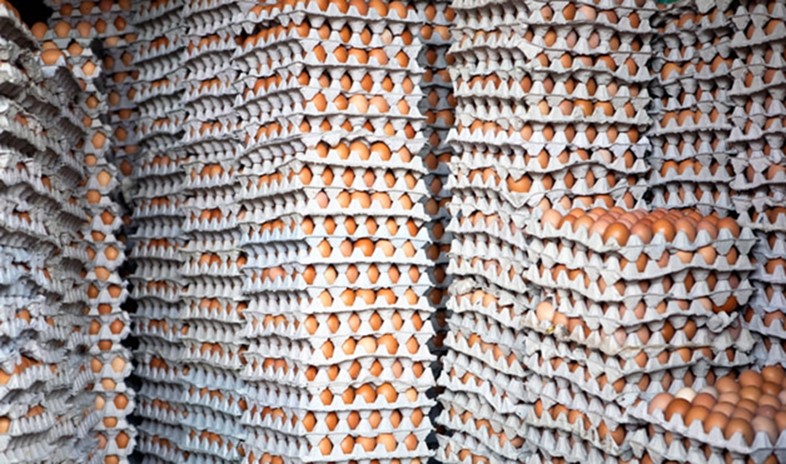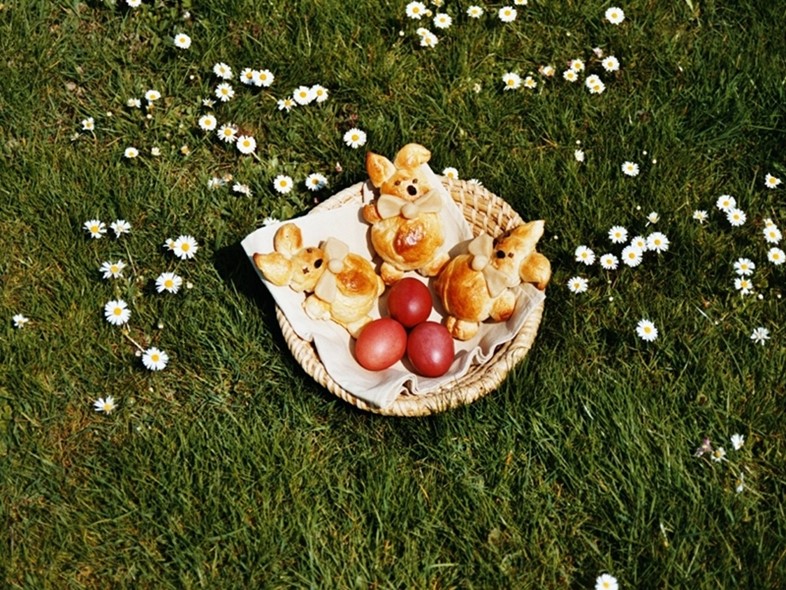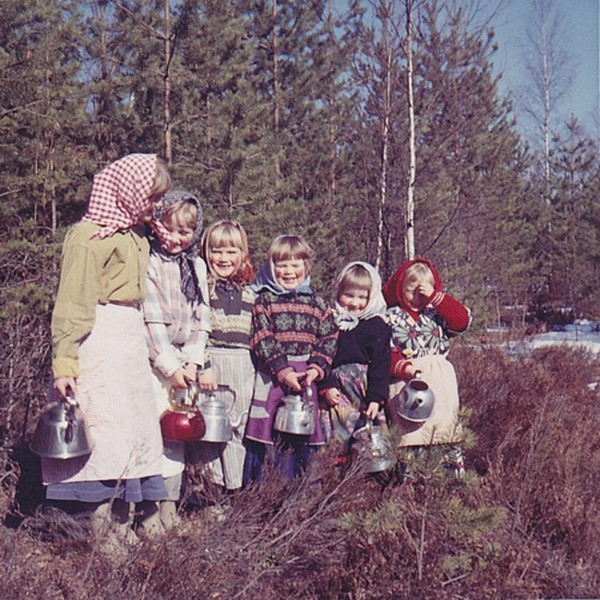At Christmas, we brought you our favourite unusual Christmas traditions from across the globe. Now, we present the Easter instalment – our top five weird and wonderful Easter rituals...
At Christmas, we brought you our favourite unusual Christmas traditions from across the globe. Now, we present the Easter instalment – our top five weird and wonderful Easter rituals, from a giant, 4000-egg omelette in Haux, France to the Polish belief that men's moustaches will turn grey if they attempt to bake the Easter bread. Happy #AnOtherEaster!
Each year, on Holy Saturday, Swedish children dress up as good witches and give out letters and cards in return for eggs, sweets and coins. The Swedish Easter Sunday feast traditionally includes different kinds of herring, a selection of smoked salmon, a hint of roast ham and various cheeses. Eggs are also exchanged and later used in a game where participants roll them down roofing tiles to see whose can go the furthest without breaking.

On the second Tuesday after Easter, the English town of Hungerford, Berkshire hosts their annual Hocktide festival. The festivities begin when the town’s newly elected police constable blows his horn, calling all men to the Hocktide Court in the town hall. There, two Tutti-men are elected to carry a tutti, a tall pole with an orange on top and a bunch of spring flowers tied to it with ribbons. They are led through the town by the Orangeman and hand out oranges to women in the street in exchange for kisses. Hocktide first took place in 1484, although the orgins of the name are not known.

In France, church bells ring every day of the year except for the three days of Easter. According to legend this is because they've travelled to Rome to receive a blessing. On Easter Sunday, the bells return and tour the entire country sprinkling chocolate eggs, chickens and rabbits in every garden along the way, and after midday, children head into their gardens to find the hidden treasures. In the town of Haux, an even more unusual tradition exists: the making of a giant omelette every Easter Monday, from more than 4,500 eggs. The eggs are broken at home in the early morning and brought to the main square to be cooked in time for lunch – the omlette is intended to feed up to 1000 people.

In Germany, each child receives a basket or “Osternest” (Easter nest) created by their parents, containing eggs and chocolate, and sometimes toys and other gifts. In urban areas, the Osternests are usually hidden in the back garden and form the subject of a hunt after church on Easter Sunday. In more rural parts, families often go on Easter walks, the parents hiding the Osternests in forests or meadows along the route for the children to find during the walk.

There is a Polish custom stating that if the master of the house helps to prepare the traditional Easter bread, his moustache will go grey and the dough will fail. Thus, he is banned from taking part – a handy ruse for steering clear of the kitchen, perhaps? On Easter Monday, the Polish tradition of Smingus-Dyngus also takes place, where people run into the streets attempting to pour water on another.
Research by Jane fayle
